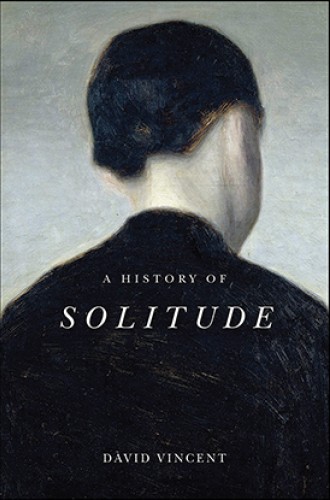Who is solitude for?
David Vincent’s exhaustive tome suggests that fruitful solitude has often been linked to privilege.
There is more than one way to read David Vincent’s book about solitude. The way I initially decided to read it—as a history book, chapter by chapter—probably isn’t the best approach.
The book is long and exhaustive. For instance, Vincent provides a mini history of sport and recreational walking in early industrial England. (He calls figures such as William Wordsworth and William Hazlitt “gentlemanly ramblers.”) There are many pages on urban walking and pet walking, both of which are usually solitary activities, as well as on the origins of the concept of vagrancy that followed. Eventually Vincent moves indoors, examining solitude in various domestic pastimes.
I was intrigued with the chapter called “Prayers, Convents, and Prisons” until I realized how narrow its focus is. It is largely dominated by an account of the reinstitution of enclosed religious orders in the mid-19th century and a discussion of a few English best sellers on “private prayer.” Later chapters, which focus on the 20th century, center too much around the lonely characters of Virginia Woolf novels and the experiences of spies in John le Carré’s fiction (although Thomas Merton and Philip Larkin also make appearances).






